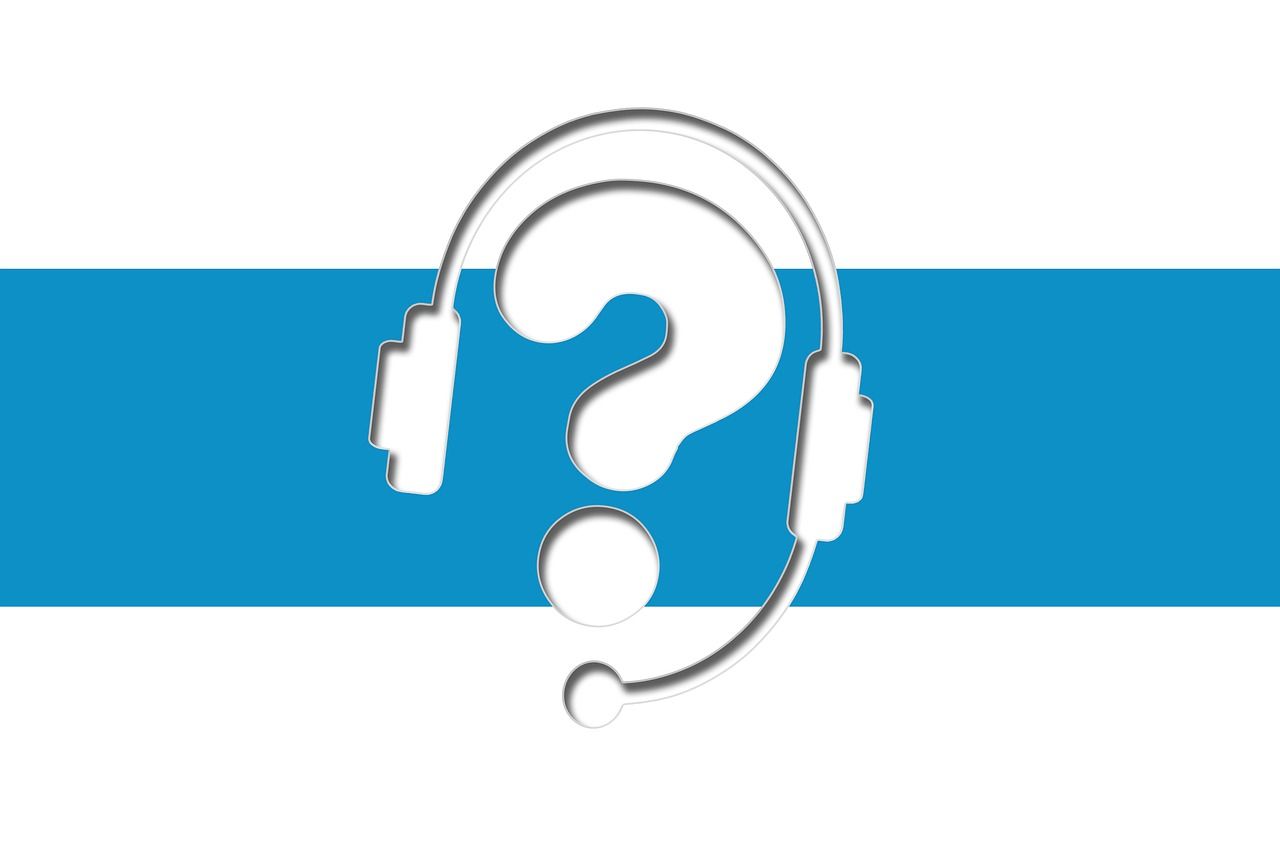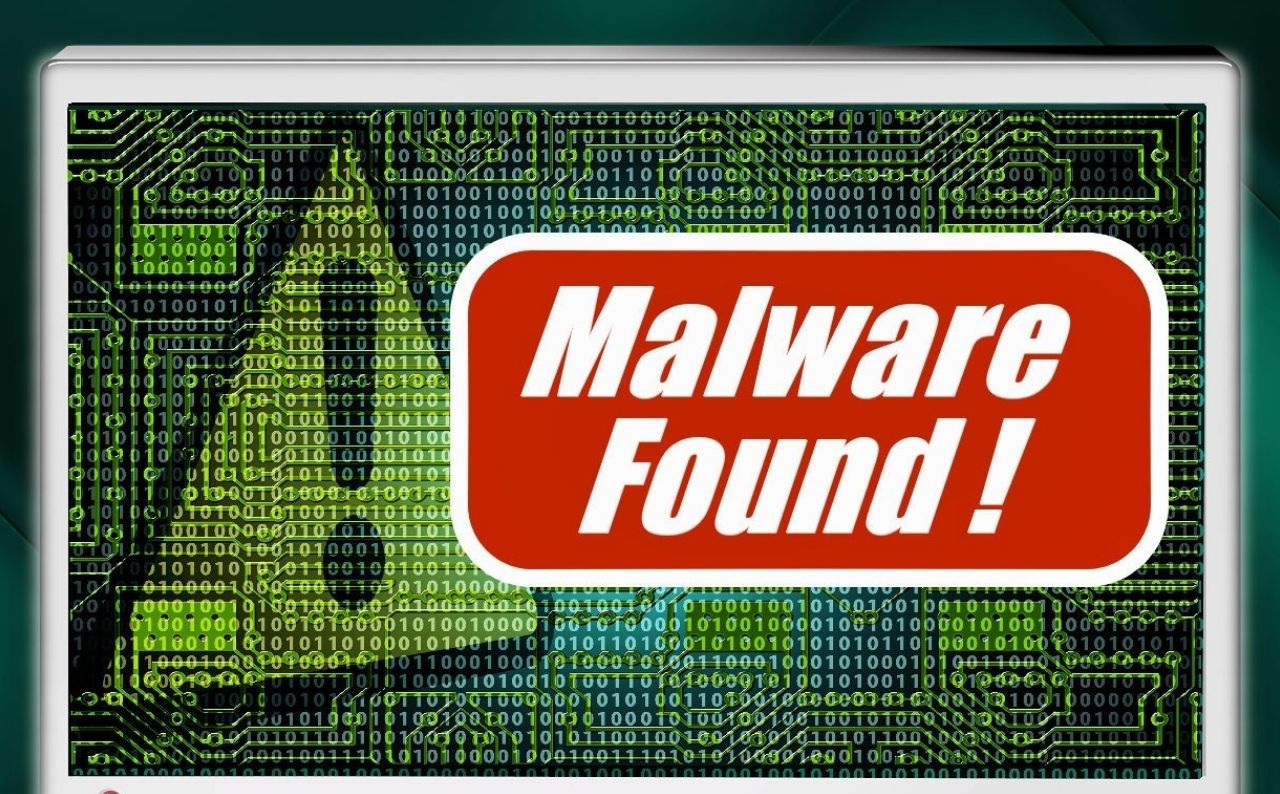[ad_1]
Antivirus software is essential to protecting our computers from malware, viruses, and other online threats. When choosing an antivirus program, you should remember several factors.
For years there has been a debate about which is better: free or paid antivirus. However, with so many antivirus programs on the market, it can be difficult to decide which one is right for you.
Some people choose free antivirus programs, while others prefer paid versions. So which one to choose?
The main differences between free and paid antivirus
There are several important differences when it comes to free and paid antivirus programs.
Security features
First, free antivirus programs usually have fewer security features than paid versions. They also may not offer as reliable real-time protection against online threats.
Paid antivirus packages usually offer features like real-time protection, parental controls, VPN service, cloud storage, password managers, and more. All this means they provide better protection against online threats.
Renewal
Another difference between free antivirus programs and paid ones is the frequency of updates.
Free antivirus vendors may not update their programs as often as paid versions. Unfortunately, this means that they may not protect your computer from the latest threats. Paid antivirus programs are usually updated more frequently to ensure that your computer is protected against newly discovered vulnerabilities.
Customer support
Customer support is another major difference between free and paid antivirus software. Free antivirus programs usually have limited or no user support. This means that if you experience problems with the app, you may not be able to get help from a customer support representative. Instead, you should rely entirely on online forums for troubleshooting.
Paid antivirus programs usually offer better customer support. If you have any problems, you can contact customer service and get help from a technician.
Advertisement
When it comes to ad bombardment, free antivirus programs usually show more ads than paid versions to generate revenue. These ads can be in the form of pop-ups or even banners. These ads can be annoying and slow down your computer.
Paid antivirus programs, on the other hand, have fewer or no ads, so you can use them without having to deal with pop-ups.
Price
Of course, one of the biggest differences between free and paid antivirus software is the price. You can download and use free security packages without paying anything.
Paid antivirus programs often cost between $30 and $60 per year. However, some premium versions can cost more than $100 per year.
Reliability
Finally, another major difference between free and paid antivirus programs is reliability. Free antivirus programs may not be as reliable as paid versions. This means that they will not be able to protect your computer from all online threats. Also, free antivirus programs can have more false positives than paid versions.
What are the benefits of using a free antivirus?
The free program is a great option if you’re looking for basic protection without any frills.
Here are some of the benefits of using a free program.
- No cost: The biggest advantage of free antivirus software is, of course, that it costs nothing. If you’re on a tight budget or don’t want to spend money on security, a free app is a great choice.
- Easy to use: Free antivirus software is usually just as easy to use as paid programs. In fact, many free programs are based on the same technology as their paid counterparts, with fewer features.
- Light resources: Free antivirus programs often use less of your computer’s resources than paid programs, so they don’t slow down your computer as much.
- Good enough for most people: Arguably, for the average user, free antivirus software is all you need. If you don’t care about advanced features or absolute perfection, a free program is a great choice.
These are just some of the benefits of free antivirus software. While it’s not perfect, it’s a great option for most users.
What are the dangers of using a free antivirus?
There are several dangers that you should be aware of before installing a free antivirus program on your computer.
First, some free antiviruses can actually be harmful. That’s right: there are free antivirus programs that will infect your computer with viruses, not protect against them. Usually, these programs are created by criminals who want to steal your personal information or take over your car. They are very difficult to spot, so it is important to only download free antivirus programs from trusted sources.
Another danger of using free antivirus programs is that they do not provide the same level of protection as paid programs. Although some original devices from well-known companies can detect and remove viruses well, they may not have all the features you need to protect your computer. For example, some free antivirus programs don’t include real-time protection, which means they can’t protect you from new viruses as soon as they appear.
Also, since free antivirus isn’t updated often, the virus definitions on your computer will quickly become outdated, leaving you vulnerable to new threats.
Some free antiviruses may silently track everything you do on your computer and sell that information to third-party companies. This practice is called “data mining,” and it’s how some free programs make money. Although this may not seem important, it can be very intrusive and is something you should be aware of before installing any freeware on your computer.
What paid antivirus offers better?
While free antivirus programs have their place, paid antivirus software offers a number of benefits that make it worth the investment for many users.
These benefits include:
- Early access to new virus definitions: When a new virus is discovered, developers of paid antivirus software create a definition for it and make it available to their users as soon as possible. Free antivirus programs can take weeks or even months to create a new virus definition, leaving their users vulnerable in the meantime.
- Automatic updates: Paid antivirus software usually includes automatic updates, so you can be sure you’re always protected against the latest threats. With free antivirus programs, you usually have to manually check for updates and download them, which can be time-consuming and leave you vulnerable if you forget.
- Better customer support: If you have a problem with paid antivirus software, you can usually get help from the company’s customer service. With freeware, you’re often on your own if something goes wrong.
- Protection against unknown threats: Some paid antivirus programs include features that can protect you from new and unknown threats even before they are defined. This extra layer of protection can give you peace of mind knowing you’re as protected as possible against the ever-changing online threat landscape.
- Advanced functions: Paid antiviruses may include advanced features such as parental controls, firewall protection, and identity theft protection. These additional features can give you more control over your security and help protect your computer and personal data.
If you’re looking for the best protection possible, consider investing in a paid antivirus program.
Which antivirus to choose?
Now that you know the pros and cons of free and paid antivirus software, you’re probably wondering which one to choose. The answer depends on your needs and budget.
If you’re looking for basic protection and don’t mind putting in the work to protect your computer, a free program might be a good choice for you. But if you want peace of mind knowing you’re always protected from the latest threats, and you want additional security and privacy features, a paid program is worth shelling out.
Regardless of which option you choose, make sure you only download antivirus software from trusted sources to avoid inadvertently infecting your computer with malware. And keep in mind that no antivirus can protect you 100 percent of the time, so it’s important to practice computer hygiene and use common sense when browsing the web.
[ad_2]
Source link


